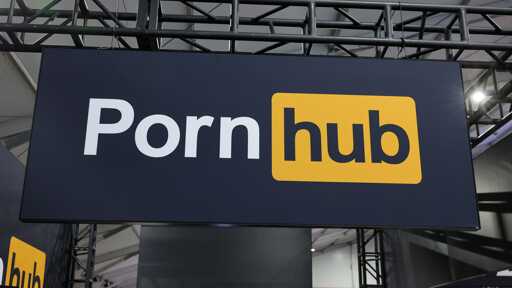The Supreme Court on June 27 upheld a Texas law requiring pornographic websites verify users are at least 18, in a case that pitted concerns about protecting minors against worries about violating the First Amendment rights of adults.
The court split 6-3 along ideologically grounds with the three liberal justices dissenting.
Eighteen other, largely conservative states have enacted similar laws in recent years as access toa growing cache of online pornography has exploded and the material has become more graphic.



deleted by creator
We’re a ways off from that, simply because VPNs have too much business utility.
But we’re definitely moving in the direction of “Everyone who uses the internet has to show their ID first” as a means of tracking the bulk of retail web surfing.
I mean, they get your social when you purchase service.
Not if you’re just renting a server in a foreign country with different privacy laws and rolling your own VPN.
Also some VPNs allow payment with cryptocurrency.
Mullvad, for instance, accepts Monero, Bitcoin, Bitcoin Cash, and Bitcoin Lightning.
I meant Internet service. Cox or Comcast or Verizon or whoever.
True, but if you use a VPN and don’t use their DNS (and especially if you set up a recursive DNS server of your own) they have a lot less information about what you do online.
As long as you use encrypted DNS, like DoH (DNS over HTTPS). Regular DNS is unencrypted, so the ISP can trivially collect data even if you use a custom recursive server (either your own or a public one like Cloudflare, Quad9, etc).
Running a recursor on a VPS then querying it using DoH seems like a reasonable approach to me. I’ve got an AdGuard Home server on my home network that uses DoH for all upstream DNS queries, but I’m currently just using Quad9 rather than my own recursor.
My ISP certainly doesn’t have my Social Security number. Why on earth would I give it to them? Why would they even ask for it?
Easy: VPN license. Corporations already don’t like when customers use VPNs to get around their geo locks on content. We’re one lobbying push away from courts broadly interpreting use of a VPN as a malicious violation of DMCA or CFAA.
Wonder if the silver lining is no more trolls hiding behind a username…
You’ll still see plenty of bots
Probably going to see an uprise in things like lorawan or consumer-owned mesh networks.
Essentially a return of the rural barbed wire phone network.
Not connected to the larger internet, locally managed and controlled. I can even see pirates rolling out their own streaming services to people on the local mesh network.
This is really cool, thank you for posting it
Most people can/t figure out how to change their password. Those technologies are going to have to get real easy real fast to get somewhere.
I mean “one button” easy.
You used to have to connect to the internet with dial up and give up your phone line. And here we are today.
The time will come.
Yeah, those were the technically savvy groups. (They were by-and-large not technically savvy, but compared to the larger set of users they were.)
The time will come as soon as someone makes it. Make all the choices for them, no options, one button. Go.